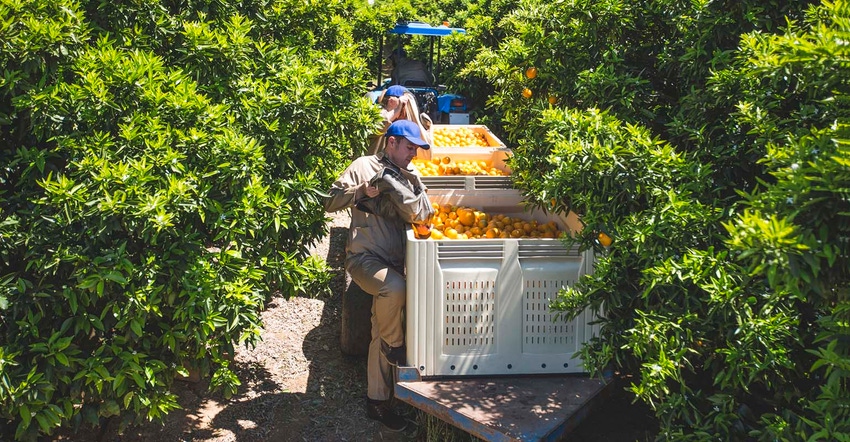
Competition for talent and recruiting difficulties are the most concerning human resource matters for agricultural employers, as revealed in the 2018-2019 AgCareers.com U.S. Agribusiness HR Review. In addition to the overall recruiting challenges, agribusinesses report that hourly/non-exempt staff are the most difficult level and types of roles to recruit for. This review of trends is based on survey contribution from 84 agribusinesses across the U.S.
Exempt vs. Non-Exempt
Exempt and non-exempt employee definitions are spelled out in the Fair Labor Standards Act (FLSA). As a general rule, non-exempt employees covered by FLSA must receive overtime pay for hours worked over 40 in a workweek at a rate of at least time and one-half. Some employees may be exempt from overtime pay if they are paid on a salary basis and work in an executive, administrative, professional, computer or outside sales role.
Your job title doesn’t determine your exempt or non-exempt status; job duties and salary must meet requirements outlined by the Department of Labor.
Why are Non-Exempt Roles Difficult to fill?
The labor market is tight with low overall unemployment rates. Couple that with the emphasis on four-year degrees, and retirement of baby boomers, there aren’t enough people willing or able to fill non-exempt roles essential on many farming operations.
Recruitment
Where do you find this essential talent? Local high school ag programs, the FFA Organization, PAS, and 4-H can be conduits for this talent pipeline. Many employers have seen success in connecting with community colleges, trade schools, and two-year campuses. Apprenticeships and training programs are ideal to bridge the gap between talent need and fulfillment.
To learn more about navigating the process, join AgCareers.com for our webinar on May 31, 2019 Bridging the Skilled Trade & Two-Year Recruiting Conundrum. We’ll explore different strategies for building relationships with community colleges and trade programs to target and build this crucial talent pipeline.
This article is not legal advice and is for guidance only. Check with your legal counsel for the most relevant and up to date information.
The opinions of the author are not necessarily those of Farm Futures or Farm Progress.
About the Author(s)
You May Also Like






